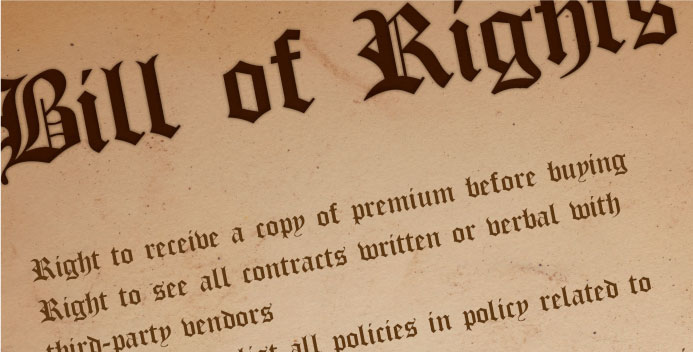USDOT says young people least likely to speak up about fellow cell phone-talking, texting driver

In
a survey released earlier this week, US Transportation Secretary Ray LaHood
noted young people are the least likely passengers to speak up to their driver
if he or she were talking on their cell phone.
Distracted driving is an epidemic on our roadways, and
these new findings show that our youngest drivers are particularly at risk,
LaHood said in a press release.
As such, LaHood launched a new contest for students to
design a social networking icon that will be used in DOTs distracted driving
campaign that encourages young drivers to speak up when riding with a
distracted driver.
“We’re encouraging young people
across America to commit to distraction-free driving, spread the word to their
family and friends, and speak up if the driver in their car is distracted,”
LaHood said.
New findings from a national
telephone survey on distracted driving reveal that younger drivers (18-20) report
the highest level of phone involvement in crash or near-crash incidences. This
is three times the number of their counterparts age 25 and higher. Reports of
texting while driving drops precipitously as age increases, the study also
found.
The National Highway Traffic Safety
Administration survey polled more than 6,000 drivers to assess the publics
knowledge and attitudes toward self-reported behavior about cell phone use. This
poll too found younger drivers much less likely than older passengers to speak
up.
To combat this, DOTs Distracted
Driving Design Challenge invites teens to create an original icon with an
anit-distracted driving message that can be shared on Facebook, Twitter, Tumblr
and other social networking sites. The contest will accept submissions from
April 16 through July 31.





